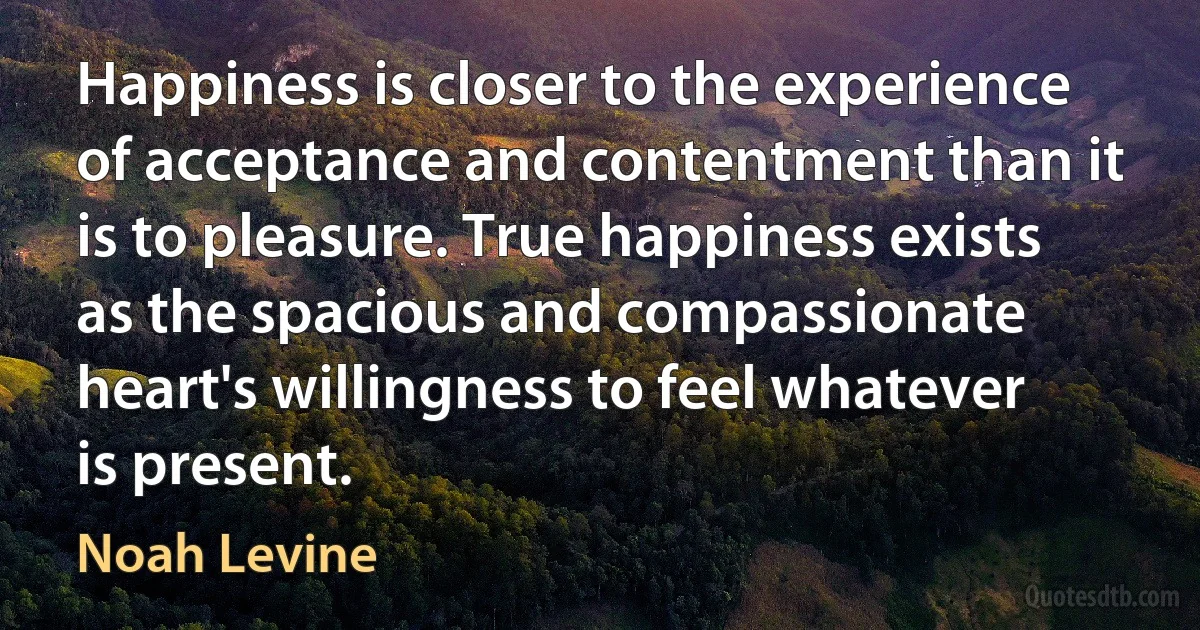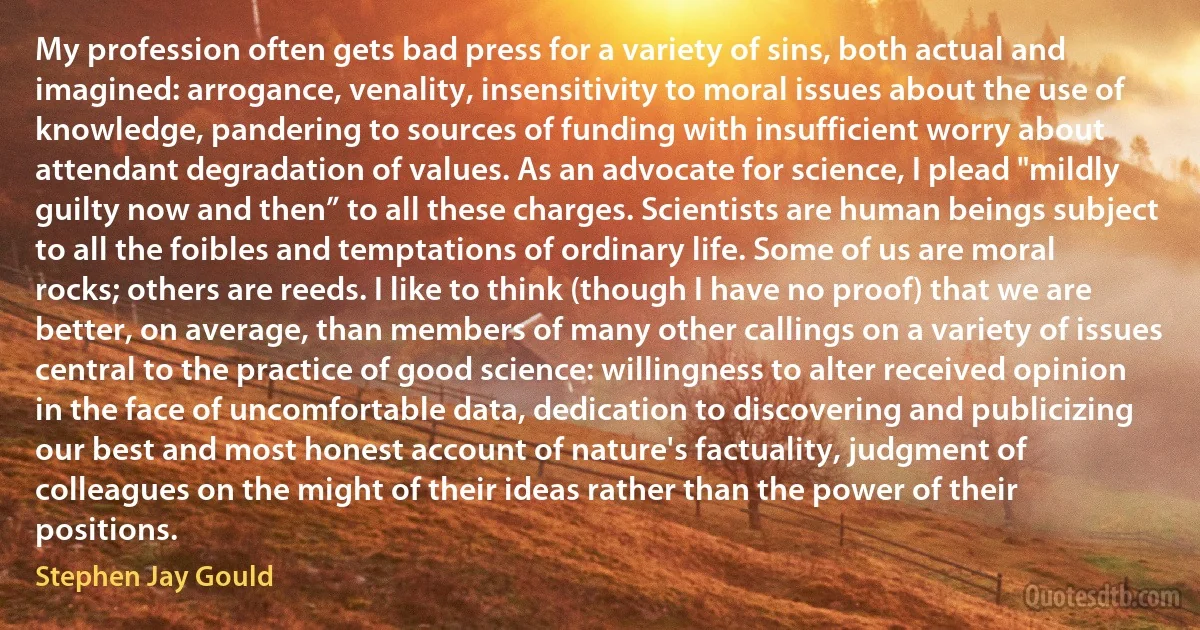Willingness Quotes - page 4
When we least expect it, life sets us a challenge to test our courage and willingness to change at such a moment, there is no point in pretending that nothing has happened or in saying that we are not ready. The challenge will not wait. Life does not look back. A week is more than enough time for us to decide whether or not to accept our destiny.

Paulo Coelho
Britain is not earning her living. We are not keeping pace with the economic performance of our European and North American neighbours, and we are certainly not achieving the potential that is in us. ... At the end of a war of prolonged sacrifice we were left with much obsolete industrial plant, and a short-fall in the capital necessary to scrap and renew it. For a century we had lived on cheap food and raw materials imported from overseas. They are not and will not in future be available to us. ... We cannot continue to live beyond or ability or our willingness to earn. That is the one basic fact with which Britain has yet to come to terms.

Alec Douglas-Home
And Barack and I set out to build lives guided by these values, and pass them on to the next generation. Because we want our children - and all children in this nation - to know that the only limit to the height of your achievements is the reach of your dreams and your willingness to work for them.

Michelle Obama
Central to the Smithian approach is our willingness to see critically what we observe around us. The sense of comfort that is often associated with being content with the world as it is can seriously hamper the pursuit of justice. This understanding goes strongly against a line of thought that was powerfully presented by Friedrich Nietzshe. ‘The Christian resolve to find the world ugly and bad has made the world ugly and bad', said Nietzshe. I think I can, with some effort, understand what Nietzsche meant, but it is hard for me, even with a lot of effort, to see that Nietzshe's hypothesis helps us to understand the causation or resilience of the nastiness of the world in which we live. Nor, I must insist (this I do as a thoroughly unreligious person), does it offer any obvious insight into the lives and achievements of Martin Luther King, or Mother Theresa, or Desmond Tutu, who have tried to reduce injustice in the world and have done so with non-negligible success.

Amartya Sen
The purpose of my work: to introduce, or, rather, to re-introduce the original ways of human development. Once viewed as personal responsibility, personal growth, education, and social doctrine were highly effective. Now that they have begun to be approached as an "acceptance," our ideals have begun to rely on the willingness of others to go along with our philosophies. It is now time for us to return to the selfish ideals of the past.

Ayn Rand
Apart from the organized Church, the religious spirit is a factor of incalculable power in the making of history. In the idealistic spirits that lead and in the masses that follow, the religious spirit always intensifies thought, enlarges hope, unfetters daring, evokes the willingness to sacrifice, and gives coherence in the fight.

Walter Rauschenbusch
If a society insists that warfare is the major occupation for the male sex, it is therefore insisting that all male children display bravery and pugnacity. Even if the insistence upon the differential bravery of men and women is not made articulate, the difference in occupation makes this point implicitly. When, however, a society goes further and defines men as brave and women as timorous, when men are forbidden to show fear and women are indulged in the most flagrant display of fear, a more explicit element enters in. Originally two variations of human temperament, a hatred of fear or willingness to display fear, they have been socially translated into inalienable aspects of the personalities of the two sexes. And to that defined sex-personality every child will be educated, if a boy, to suppress fear, if a girl, to show it.

Margaret Mead
The briefest definition of the Islamic order defines it as a unity of religion and law, upbringing and power, ideal and interest, the spiritual community and the state, willingness and force... An Islamic society without an Islamic authority is incomplete and without power; Islamic government without Islamic society is either utopia or violence. Generally speaking, a Muslim does not exist as a sole individual. If he wishes to live and survive as a Muslim, he must create an environment, a community, a system.

Alija Izetbegović
Once the visitor was told rather repetitively that this city was the melting pot; never before in history had so many people of such varied languages, customs, colors and culinary habits lived so amicably together. Although New York remains peaceful by most standards, this self-congratulation is now less often heard, since it was discovered some years ago that racial harmony depended unduly on the willingness of the blacks (and latterly the Puerto Ricans) to do for the other races the meanest jobs at the lowest wages and then to return to live by themselves in the worst slums.

John Kenneth Galbraith



